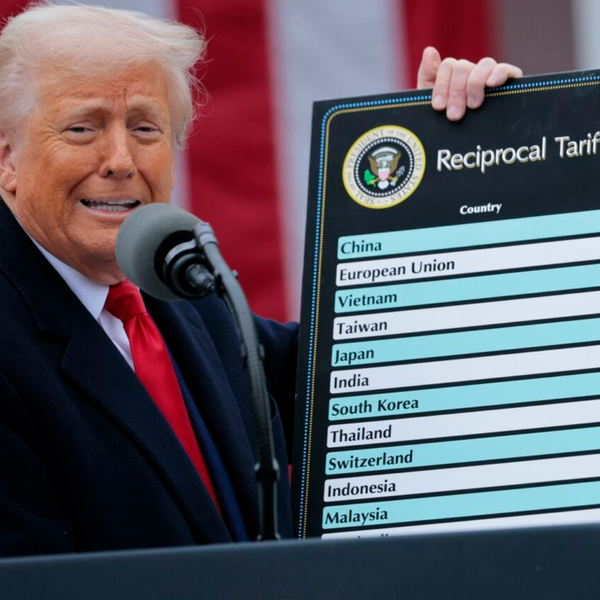
By Bert Brandenburg, McClatchy-Tribune News Service (TNS)
The GOP “wave” elections produced big changes in Congress, governors’ mansions and state legislatures. But this year’s wave stopped at the courthouse door, as those very same wave voters chose to keep their elected judges from both parties. Americans want courts to be insulated from politics. Interest groups and partisans have other plans — and they’ll be back.
The past decade and a half has seen a growing effort to buy up state benches around the country, accelerated by the Supreme Court’s 2010 Citizens United decision. Spending on state supreme court campaigns has smashed records in more than two dozen states. Judges have responded by becoming professional fundraisers, courting attorneys and parties who appear before them.
This year brought $14.4 million in judicial campaign TV advertising. The GOP also sought to bring its wave to the courts, as the Republican State Leadership Committee invested $3.4 million into a batch of state supreme court races nationwide, and even a county court race.
As campaign spending grows, judges are starting to look over their shoulders. Much of this money goes into TV ads accusing judges of being soft on crime, and Emory University researchers have found that such ads make judges more likely to tilt towards prosecutors in criminal cases. “It has to have some impact, especially in high-profile cases,” says Tommy Nail, the presiding judge in Birmingham, Ala.’s criminal court. “Let’s face it, we’re human beings.”
The same researchers also found that the more money they raise from business interests, the more likely judges are to side with business litigants in court. Almost nine in ten Americans believe that campaign cash is affecting decisions on the bench.
As former Alabama Chief Justice Sue Bell Cobb puts it, “I am sincerely concerned about judicial elections, the obscene amount of money which has flooded into campaigns, and the damage that has been done to the image of our beloved judicial system. This politicization of the courts puts justice at risk.”
Fortunately, Americans from both parties agree that courts are supposed to be different, and they want their courts to be insulated from politics. The same voters who delivered a GOP wave in 2014 rejected efforts by the Republican State Leadership Committee to unseat judges in North Carolina, Montana, Tennessee and Cole County, Mo. Illinoisans turned back a trial-attorney “dark money” effort to unseat a GOP-supported justice there.
Voters in other red states also rejected court-tampering. In Kansas, voters retained two top judges after an eleventh-hour campaign attacking their role in vacating death penalties for two notorious killers. In Tennessee, they endorsed a ballot measure that will head off contested judicial elections there. In Florida, even as they re-elected Republican Gov. Rick Scott, voters rejected an initiative that would have given him the power to stack the state Supreme Court as his second term ends.
Our state courts are under political siege. Our judges are trapped, pressured to raise money and appeal to interest groups on the campaign trail, and then rule on their supporters’ cases in court. Too many interest groups see the third branch of government as a tool to bend to their will. And too many politicians who know better are enabling them.
The Constitution promises impartial justice. Our nation’s founders built a political culture that erects walls around the courts to keep them free from political pressure. But 21st century politics is tearing down these walls. This year’s wave didn’t flood the courts. But unless we raise new barriers against the growing tide of politics and big money, the very foundation of our judiciary — impartial justice — is in danger of collapse.
Photo: Scott* via Flickr
Want more political news and analysis? Sign up for our daily email newsletter!








